×


We have detected your country as:
Please click here to go to the USA website or select another country from the dropdown list.

{image_1}Arab news outlets reported that the Egyptian navy seized a vessel carrying a large arms shipment near the Sinai Peninsula’s southern coast in the Red Sea. The Anatolia Turkish News Agency reported the ship is an Iranian fishing vessel named “Sawit 1,” adding that it was captured 12 miles [19.3 km] offshore.
Continue Reading »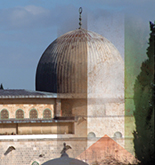
{image_1}The Arab League, meeting in Qatar, has resolved to set up a [US] $1 billion fund to promote the Arab character of east Jerusalem. The fund, which will be managed by Saudi Arabia’s Islamic Development Bank, will “finance projects and programs that would maintain the Arab and Islamic character of the city and reinforce the steadfastness of its people.”
Continue Reading »
{image_1}If you are like me, the taste of a juicy, ripe mango conjures up visions of a tropical island paradise with glorious beaches and beautiful sunsets. The fruit, however, grows in a number of subtropical areas far from the sea, and Israel is actually the northernmost spot on earth to successfully cultivate it. Hebrew University has developed a variety that is not only popular with Israelis, but is a favorite in European countries as well.
Continue Reading »
{image_1}An Israel Defense Forces [IDF] medical team was called to assist in the case of a 13-year-old Palestinian dialysis patient whose condition had escalated to the point where his life was in danger. “We received a call around nine in the morning from the Chief Medical Officer of the Judea and Samaria Division informing us that there was a boy hospitalized in the Jenin hospital in need of further intensive care,” said Lt. Abed Rabah, Medical Officer of the Menashe Regional Brigade in the Judea and Samaria Division.
Continue Reading »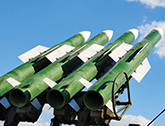
{image_1}The Air Defense Formation continues to advance its capabilities in defending Israel against missile threats. In one such development, the existing missile detection systems will soon be replaced with a newer version incorporating innovative changes. The new system will allow a detection of 99% of the rockets and missiles launched towards Israel and will scan the attacked area in detail, resulting in fewer false alarms interrupting citizens' daily lives.
Continue Reading »
{image_1}After seven dry years that sent Israel into somewhat of a water austerity regimen, the Water Authority announced at the beginning of February that it was lifting the “severe drought” advisory issued for the water market several years ago. “The water crisis is over,” said Water Authority Head Alexander Kushner, adding that while the water market is stable, Israelis should not become complacent.
Continue Reading »
{image_1}
From Their Official Charters:
“…establishment of the State of Israel is entirely illegal…” (Article 19)
Continue Reading »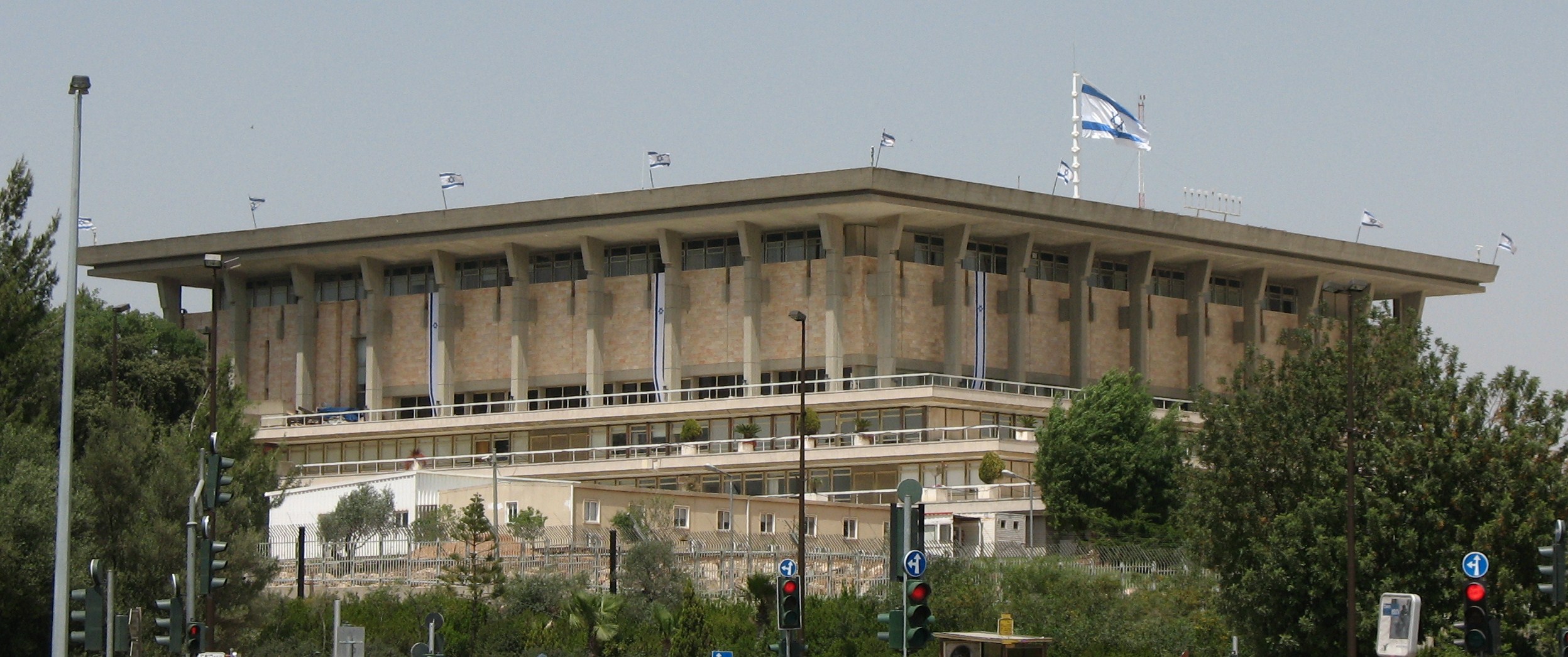
{image_1}Israel has a vibrant multi-party system democracy. In the 19th Knesset, 13 parties, ranging in size from 2 to 31 members, make up the 120-member Knesset
Continue Reading »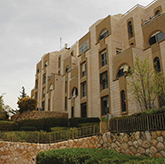
{image_1}The day after the United Nations voted to upgrade Palestinian status to that of a non-member observer state, Israel announced that “…it was advancing plans to build 3,000 housing units in Jerusalem and the West Bank [Judea and Samaria]” (Ynetnews). The outcry from the world was immediate and harsh. Nations were most upset with Israel’s plans to build in the E-1 corridor, an area in biblical Judea originally assigned to the tribe of Judah. Israeli ambassadors to Britain, France, and several other nations were called on the “diplomatic carpet” and required to listen to objections over Israel’s actions. What is behind the furor and indignation brought about by the seemingly mundane activity of building homes?
Continue Reading »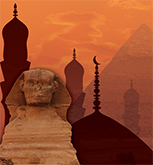
{image_1}The last pharaoh to rule Egypt was Cleopatra VII who committed suicide in 30 BC. In the ensuing years, the country would be governed by the Romans, the Persians and then the Islamic Empire. Conquering the region in AD 642 and reigning for the next 600 years, Muslim leaders would establish Islam as the primary religion in the country and Cairo as the seat of the Caliphate. In 1517, however, they would be unseated by the Ottoman Turks who would govern until 1882. Under this new leadership, Egypt would undergo dramatic change, fluctuating from a prosperous country with international trade partners to a nation in decline and back again. The Black Death would claim the lives of 40% of the population in 1350, and famine in the 18th century would take another 20%. With the defeat of the Egyptian army in 1882, Great Britain would then rule the country for 70 years. The Egyptian revolt in 1952 would finally gain independence for the nation and result in the establishment of the Arab Republic of Egypt.
Continue Reading »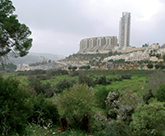
{image_1}When tractors broke ground at the Gazelle Valley in Jerusalem in January 2013, a new and unique chapter in the city’s efforts to “go green” began. After a decades-long fight to keep developers away from the site, Israel will finally get its first wildlife nature park located within a city, and Jerusalem will have preserved a precious open space in its urban heartland.
Continue Reading »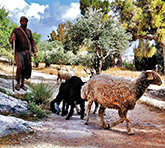
{image_1}The Bible is filled with graphic depictions of the ways in which God communicates with His people. We are told that He calls to us, speaks as to a friend, thunders, roars, and even whispers in a still small voice. But many people are surprised to learn that He also says He whistles. The Hebrew word sharak (שרק) appears 19 times in the Bible and technically means to whistle, to hiss scornfully, or to pipe. It is sometimes translated to signal or to summon.
Continue Reading »All logos and trademarks in this site are property of their respective owner. All other materials are property of Bridges for Peace. Copyright © 2025.
Website Site Design by J-Town Internet Services Ltd. - Based in Jerusalem and Serving the World.